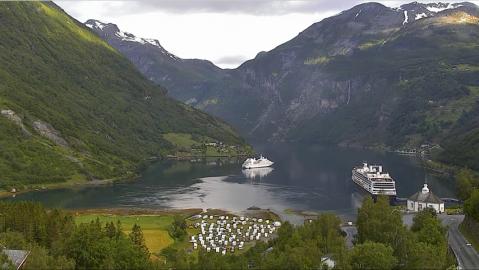Lecture with Prof. Dr. Elisabeth Piller, Universität Freiburg | Im Rahmen der Ringvorlesung "Stephen Crane's Times"
US engagement with Great War Europe during the period of US neutrality, 1914-1917, is often understood through continued trade relations, Woodrow Wilson’s peace mediation or American reactions to European espionage and propaganda on US soil. This lecture shows that humanitarian aid was another powerful means by which ‘ordinary’ Americans engaged with and made sense of the European conflict. After 1914, Americans organized thousands of relief societies, held huge fundraising bazaars and volunteered as nurses or ambulance drivers in war-torn Europe. In the process, they expressed ethnic and cultural loyalties, reflected on the origins and meaning of the Great War and debated what it meant to be American in the early 20th century.
In cooperation with: English Department, University of Freiburg
US engagement with Great War Europe during the period of US neutrality, 1914-1917, is often understood through continued trade relations, Woodrow Wilson’s peace mediation or American reactions to European espionage and propaganda on US soil. This lecture shows that humanitarian aid was another powerful means by which ‘ordinary’ Americans engaged with and made sense of the European conflict. After 1914, Americans organized thousands of relief societies, held huge fundraising bazaars and volunteered as nurses or ambulance drivers in war-torn Europe. In the process, they expressed ethnic and cultural loyalties, reflected on the origins and meaning of the Great War and debated what it meant to be American in the early 20th century.
In cooperation with: English Department, University of Freiburg
- Category
- ATLANTIC ROAD
Commenting disabled.














